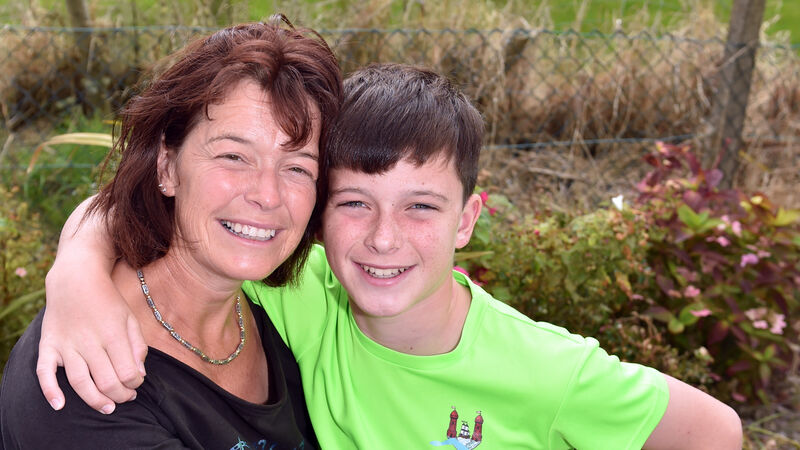'Children with dyslexia just learn differently': Cork mum says son's early diagnosis crucial

Dylan Gunn with mum Andrea at home in Garryvoe, Co Cork. Picture: Eddie O'Hare
IN third class, Caoileann’s teacher said she should read more. The fourth class teacher told her mum some of Caoileann’s classmates had far worse literacy difficulties. Yet mother-of-three Catherine Sexton knew her eldest child had trouble with spelling.








